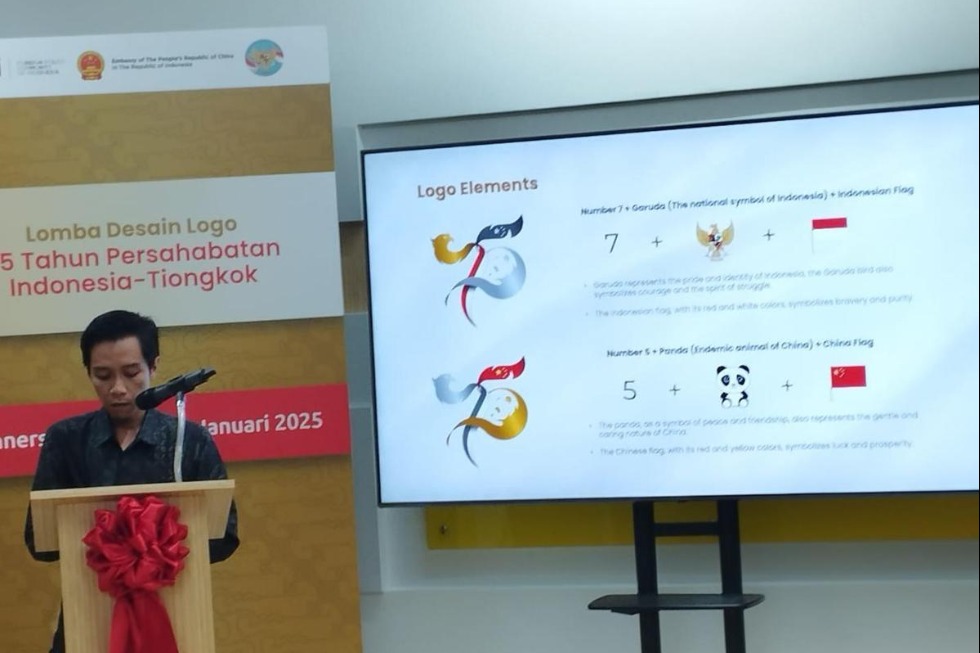Developing nations can learn a lot from China's experiences


UN Secretary-General Antonio Guterres, when citing China's poverty relief achievement, said "the extraordinary result is a reason for hope and inspiration to the entire community of nations". It is clear that China has realized the first and foremost UN Sustainable Development Goal 10 years ahead of time by eradicating absolute poverty once and for all.
China has exhibited a proper understanding, continuity in policy, concerted thinking and constant efforts with targeted solutions to varied root causes of poverty, with the aim of common prosperity. Unfortunately, many other countries have inappropriate policies and lack a sound strategy for poverty eradication.
The political elite in most of the developing countries are preoccupied with crisis management and maintaining order instead of sustained poverty eradication as a component of human dignity and justice. Some use rhetoric about poverty alleviation without any sustained commitment and political will to eradicate it. The COVID-19 pandemic has only made things worse.
The developing countries, particularly in South Asia, Africa and Latin America, which harbor the largest numbers of the poor in the world, can therefore draw meaningful lessons from the Chinese experience to overcome their own extreme poverty.
These countries should focus on "policy coherence" in the long process of alleviating poverty and creating common prosperity. Policy coherence stems from sound planning with regular consultation with grassroots level people, tapping of local resources and appropriate implementation of the plan, keeping in view revitalization of villages for leveling off the rural-urban divide and ensuring nondiscrimination on the basis of socioeconomic categories.
The policies and programs must be implemented in sequence, leading to lifting people out of poverty. Thereafter, adequate measures must be taken to ensure that these people do not fall back into the vicious circle of poverty. Common prosperity is thus aimed at breaking the vicious circle of poverty generation.
Eliminating poverty itself is protecting basic human rights, as China believes that poverty affects one's right to development and prevents people from exercising other rights. Poverty elimination enables people's rights. These rights can only be enabled when income and wealth distribution are broad-based for creating a middle income group by fairer distribution of the benefits of growth and development.
China issued a white paper in August on human rights linking with moderate prosperity in all respects and also charted out the path for attaining common prosperity. Developing countries can learn a lot from it.
Enhancing "systemic capacity" is another lesson for creating wealth and administrative efficiency. It will generate adequate resources and create a conducive environment for overcoming the scourge of extreme poverty, though it is not expected that these countries will be able to realize this goal by 2030 as envisaged in the Sustainable Development Goals.
Moreover, it is now time for global leadership, national ruling elites and poverty researchers to collectively make their efforts to create a poverty-free world by harmonizing innovation, technology and political will in a spirit of mutual learning and a multilateral framework for ensuring common prosperity for all.
China, for its part, is coming forward to help poorer countries through various mechanisms of the Belt and Road Initiative, which has contributed substantially to poverty eradication in developing countries.
Other multilateral and bilateral initiatives and arrangements include the China-South Asian Countries Poverty Alleviation and Cooperation Development Centre and the China-South Asian Countries E-Commerce Cooperation Forum on Poverty Alleviation in Rural Areas announced in a joint statement issued by the foreign ministers of China, Afghanistan, Pakistan, Bangladesh and Nepal on April 27.
It indicates that China is evolving such mechanisms for international development cooperation and making its contribution to the UN Decade for the Eradication of Poverty (2018-27) announced at the 72nd Session of the UN General Assembly in order to accelerate global actions for a "world without poverty". Developing countries must, therefore, extract the benefits of international development cooperation and learn from the success of other countries for the common prosperity of people around the world.
In essence, developing countries should focus on policy coherence, meticulous planning, systemic capacity and making poverty eradication integral to human rights in order to accomplish the mission and realize the goal of poverty eradication, with the ultimate aim of prosperity for all.
The author is former director and emeritus fellow of the South Asia Studies Centre at India's University of Rajasthan.

































